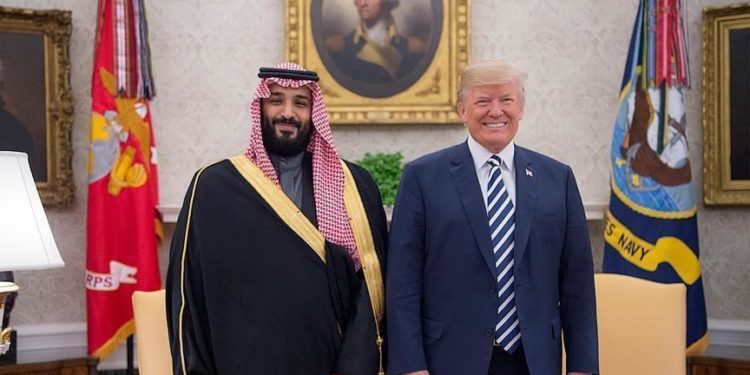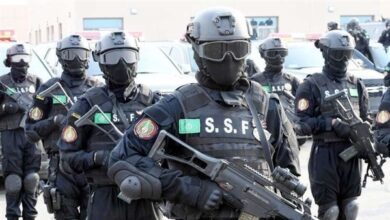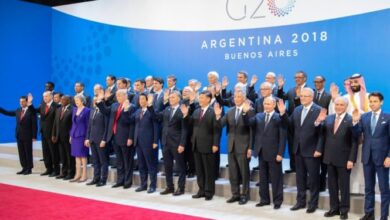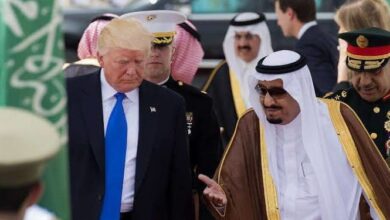G-20 leaders, don’t forget the women’s rights advocates rotting in Saudi prisons

The Washington Post published an invitation to the attendees of the G20 summit to be held in the Kingdom of Saudi Arabia, not to forget the prisoners of conscience in the Kingdom’s prisons.
Deputy Editor Jackson Dale said in the editorial that Crown Prince Mohammed bin Salman is trying to regain his position as a global leader, despite his involvement in the Yemen war and suppressing the opposition, by hosting the presidents and world leaders at the G20 summit.
He pointed out that the G20, which was formed at the time of the 2008 financial crisis, did not accomplish anything important during the past decade.
He pointed out that Macron, Boris Johnson and Justin Trudeau can set their conditions for attending, which is that the prisoners of conscience, Loujain Al-Hathloul and her colleagues be released.
Days ago, 29 Western countries expressed concern about the continued detention of female activists in Saudi Arabia and called for those responsible for the killing of journalist Jamal Khashoggi to be brought to justice.
And Denmark’s ambassador to the United Nations in Geneva, Morten Jespersen, read a separate joint statement on behalf of about 29 countries, including Australia, Britain and Canada, urging the Kingdom to “release all political detainees” and expressing its concern over the fate of “at least five activists.”
Germany, speaking on behalf of the European Union at the United Nations Human Rights Council, mentioned the issue of Saudi Arabia’s “long detention of women rights defenders.”
Several of the women in detention say that they were subjected to torture and sexual assault during their detention, charges that Saudi officials rejected.
“We stress the need for full accountability and a transparent trial for those involved in the killing of Jamal Khashoggi,” said Germany’s ambassador to the United Nations, Michael von Ungern-Sternberg.
“The immediate and unconditional release of female human rights activists and human rights defenders,” said Salama Al-Husseini, from the International Service for Human Rights. “It will test the political will of the Saudi government to improve the human rights situation.”
The Al Saud regime does not recognize many of the major international treaties, including the International Covenant on Political and Civil Rights and the International Covenant on Economic, Social and Cultural Rights.
The Kingdom has also not ratified the International Convention for the Protection of All Persons from Enforced Disappearance, as well as arbitrary detention.
Since Salman bin Abdulaziz Al Saud took power in the Kingdom and his crown prince, his son, Muhammad, the security services directly affiliated with the latter’s office, headed by the newly established State Security Service, began arrest campaigns against political, social and human rights activists from various currents.
The European Saudi Organization for Human Rights has documented the security authorities’ arrest of 87 women since Salman and his son ruled the Kingdom (2015-2020).





